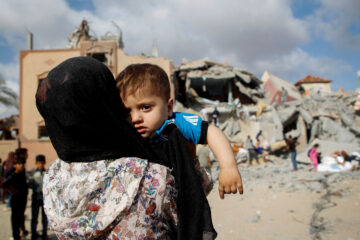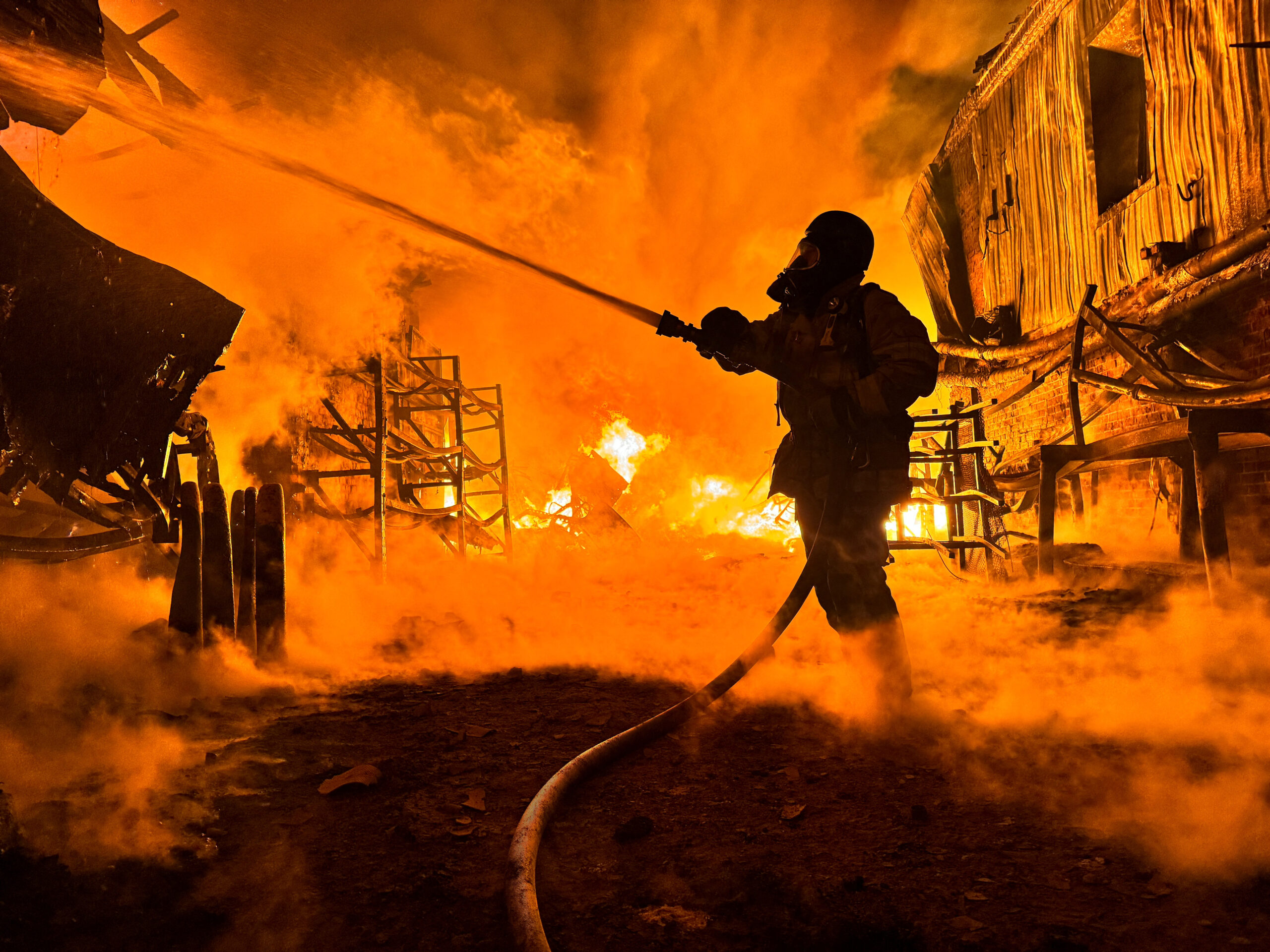58 killed after attacks hit two major cities in Syria
At least 58 people have been killed and scores wounded in a series of attacks in Syria. A car bomb killed 40 people in the central city of Homs, while a series of mortar shells slammed into central Damascus, killing at least 14 more.
Four people were killed in a mortar strike at a center for displaced people in the Damascus countryside. Three of those killed were children.
Scores of people were wounded in the violence.
Syria\’s government blamed the Damascus attack on "terrorists," a term it uses for the rebels fighting to oust President Bashar al-Assad.
Meanwhile, Human Rights Watch says government forces have continued to use barrel bombs in the northern city of Aleppo, despite a United Nations Security Council resolution demanding a halt to such attacks.
The rights group says that since February, when the council passed the resolution, it has identified the sites of at least 85 bombings in rebel-held parts of Aleppo, with most showing strong signs of impacts left by barrel bombs.
Human Rights Watch is urging the Security Council to impose an arms embargo on the Syrian government and other groups involved in systematic rights abuses.
The group also faults opposition fighters for the use of improvised weapons, saying they are prone to indiscriminate impacts on civilians.
In addition to stopping barrel bombings, the Security Council resolution also demanded that both sides allow aid to reach those in need in Syria. Last week, the heads of U.N. humanitarian agencies said Syria\’s government and rebels are blocking access to that aid.
A group of 35 international lawyers and legal experts said Monday there is "no legal barrier" stopping the U.N. from carrying out cross-border operations into Syria to help the millions of people who need aid.
In a joint letter published by Britain\’s Guardian newspaper, the group said such deliveries have been held back by "an overly cautious interpretation of international humanitarian law." The experts urge the U.N. to bring aid into Syria, saying Syria\’s denial of access has been arbitrary and not for valid legal reasons.
The co-signers include Nicolas Bratza, the former president of the European court of human rights, Hans Corell, a former U.N. under-secretary-general for legal affairs, and Richard Goldstone, who was a chief prosecutor for the U.N. criminal tribunals for the former Yugoslavia and Rwanda.
Syria will hold presidential elections that are expected to return President Bashar al-Assad to office on June 3, the country\’s parliamentary speaker says.
Mohammed al-Lahham said candidates could register to run from Tuesday.
At a special session of the People\’s Assembly in Damascus, Lahham said voting for Syrians living outside the country would take place at embassies on 28 May. Those resident in Syria would be able to cast their ballots from 09:00 to 19:00 on 3 June, he added.
Lahham did not say how the government planned to organise voting in contested areas or in the large swathes of the country that are controlled by the opposition.
The vote announced Monday will give President Bashar al-Assad the chance to win a third seven-year term in office.
The president has been in power since 2000 when he took office following the death of his father, who had ruled Syria for 30 years.
Assad won his second term in 2007, taking 97 percent of the vote in an election boycotted by the opposition and one in which he was the only candidate on the ballot.
Earlier this month, Western and Gulf countries that support the opposition dismissed any idea of a presidential vote in the midst of a civil war.
More than 150,000 people have been killed and another 2.6 million have fled the country since Syria\’s civil war began in March 2011.
The conflict started with mass street protests against Syrian President Bashar al-Assad and turned into an insurgency after a violent crackdown on demonstrators.
Source: Agencies
[do_widget_area inner_adsbar]










